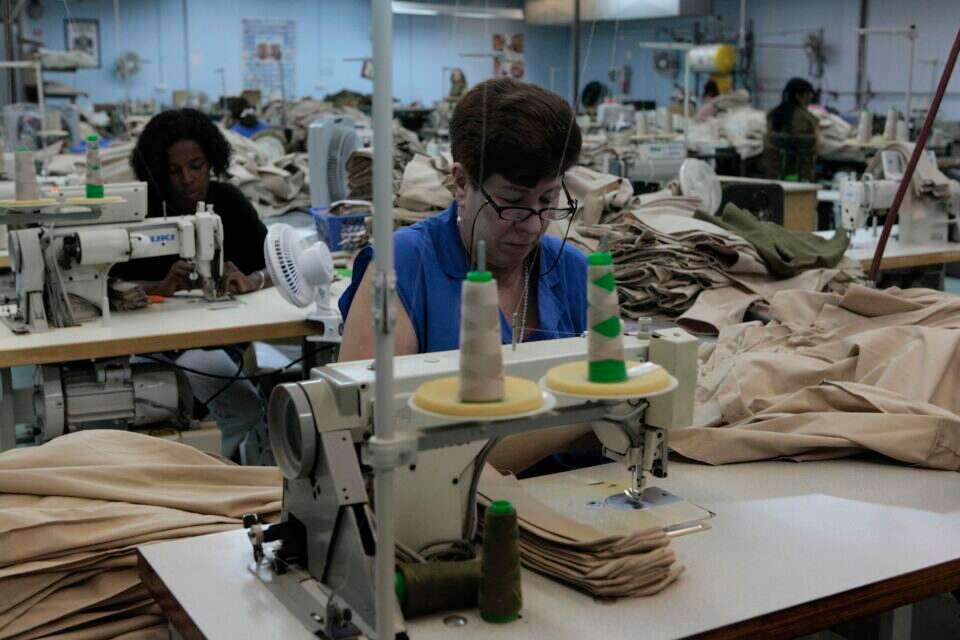In Israel, people work more hours, but produce less - this fairly well-known fact is reflected once again in a recent survey conducted by the Knesset Research and Information Center at the request of MK Naama Lazimi (Labor).
Lazimi wants to return the issue of shortening the working week to the public agenda, which will increase her perception of low employee productivity in Israel.
According to the survey, the weekly and annual working hours of the average Israeli worker in 2019 were about 9% higher than the average in OECD countries, and the proportion of workers who worked more than 50 hours a week was also high (14.1% compared to 10.2%).
Quite a few companies around the world have looked beyond a 4-day work week, or shortening the number of official working hours a week, while keeping wages intact.
The experiments examined, among other things, the effect of shortening on employee productivity, satisfaction with the new work-life balance, employee health and use of sick days, air pollution and other factors.
The conclusion of most studies was that shortening the work week had a positive effect on productivity, a better balance between work and home and a reduction in the level of stress.
One of the first countries to have initial trials to reduce the number of hours worked per week was Iceland, which has a population of about 360,000.
The number of working hours in Iceland was among the highest in Europe (44 hours on average per week for a full-time employee).
Among the rules that the organizations introduced was shortening the meeting time, prioritizing tasks, changing shifts, and more.
According to the results of the experiments, there was an increase in the quality of life of the workers and a decrease in stress, and the productivity remained similar to that which was on the eve of the experiment, or even greater in some workplaces.
Participants reported that they invest more in themselves, such as going out to places of entertainment and cafes, and parents reported spending more hours with the family, while at the same time the spouse was more at home.
The chairman of the lobby for balancing home and work life, MK Naama Lazimi, tells Israel Today: "The state must produce a healthy and correct balance of family and leisure life alongside the labor market in Israel. We work to live, and not live to work. It is not "It is right for the economy, and certainly not for the individual, to live a life of bondage to work or to the employer. As the study confirms, this is a move that benefits employees in every sense - they are happier and productivity increases. Another day off allows more consumption," she concludes.
Were we wrong?
Fixed!
If you found an error in the article, we would love for you to share it with us














